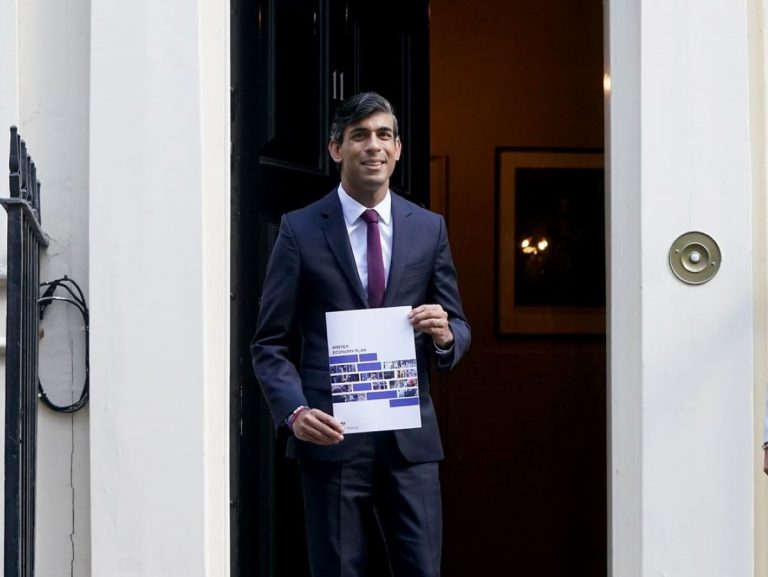Chancellor Rishi Sunak today warned of future cuts as the UK’s debt hit a new record high of £2.08trillion by the end of October.

Chancellor Rishi Sunak today warned of future cuts as the UK’s debt hit a new record high of £2.08trillion by the end of October. This equates to 100.8% of GDP, a figure not seen since the early 1960s.
National Debt Exceeds Two Trillion
The Chancellor of the Exchequer said that spending billions on the Covid response was justified but warned of tough times to come.
Rishi Sunak said: “We’ve provided over £200 billions of support to protect the economy, lives and livelihoods from the significant and far-reaching impacts of coronavirus.
This is the responsible thing to do, but it’s also clear that over time it’s right we ensure the public finances are put on a sustainable path.”
Nearly 5 million public sector workers pay will be frozen in 2021/22 which will be announced in the Chancellor’s spending review next Wednesday. The move affects those in jobs such as teachers, soldiers, police officers, civil servants and others although NHS workers would be exempt.
Public sector pay is already behind where it was a decade ago if you take inflation in to account due to years of austerity.
The claims have not been denied by the Treasury.
In July, the Chancellor warned that public sector pay would need to keep “parity” with private sector wages which have dropped during the Covid crisis.
The Chancellor wrote: “In the interest of fairness we must exercise restraint in future public sector pay awards, ensuring that, across this year and the spending review period, public sector pay levels retain parity with the private sector.”
The Office for National Statistics (ONS) declared that borrowing for the first seven months of the financial year was £214.9 billion which is the highest since records began in 1993.
October borrowing, with the exception of state-owned banks, was also at its peak and showed a £10.8 billion hike from last year and the sixth highest month of borrowing since records began.
Borrowing in November could rise after the second national lockdown for England caused the reinstatement of the furlough scheme.




